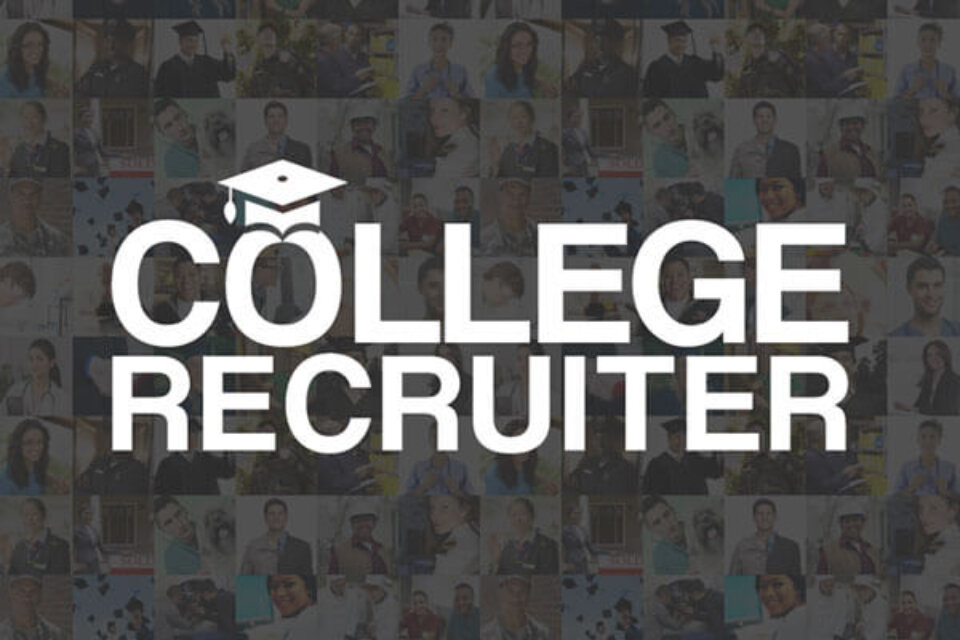
6 common mistakes grads make when searching for entry-level jobs was originally published on College Recruiter.
PhuShutter/Shutterstock.com
Recently, research from the Australian government shows how the shift from college education to full-time employment is becoming more challenging. Job prospects for young Australians are decreasing and on the other hand, recent graduates are making key mistakes when searching for entry-level jobs. Open Colleges, one of Australia’s leading online educators, has gathered information from a variety of recruiters to help recent graduates understand their mistakes when applying for entry-level jobs. Avoid these most common mistakes to avoid when searching for entry-level jobs.
1. Negative attitude towards work
Australian government research confirmed young people do not have enough of a positive attitude towards work. Recruiters recommend job seekers be more motivated and demonstrate enthusiasm to potential employers.
According to the study, young people need to be more responsible and reliable concerning their behavior and approach to their jobs. Recruiters suggest working with a business for a while, coming in to shifts, being punctual, and showing respect to colleagues, and customers or clients.
2. Think learning is over after college
Recruiters ask young professionals to be more open to learning when they start their first entry-level jobs. We all need to continue learning during our professional lives to stay updated with industry changes. But when starting a new job, it is especially important to have the right attitude towards learning because everything is new; employees will need to gain knowledge of the working process in their new companies and the different procedures to complete work correctly and in a timely manner. Your first employer is giving you an excellent opportunity to learn and gain valuable experience, so absorb as much as you can.
3. Underestimate the importance of previous work experience
Even though job seekers are applying for their first full-time entry-level jobs, having some related work experience will give them a competitive advantage. This may be some volunteer work done while still in school or some unpaid jobs during the summer. Don’t underestimate this experience; include it on your resume and tell your interviewers about it.
Studies are essential, but having first-hand experience shows employers that you have some practical skills and a better understanding of work responsibilities and professional work life.
4. Failure to make a good first impression
Whoever says his opinion is not influenced by the first impression is lying. In an interview, job seekers only have a few seconds to convince interviewers that they are the right candidates, so along with their studies, work experience, and the right attitude, their presentations during interviews will play an important role in their success in landing their first full-time jobs.
According to the research, recent graduates often dress inappropriately for work and have untidy hair, so recruiters recommend paying special attention to appearance. Not every company’s dress code is the same, so make sure to verify details about the company culture before an interview in order to dress appropriately.
5. Poor job search and application skills
When looking for their first jobs, Australian young professionals are making very common mistakes, according to research. These skills improve with time and practice, but a couple pieces of advice recruiters give are: make sure each application (resume and cover letter) is tailored to the position for which you are applying, and always double check your application’s spelling and grammar. Recruiters see these types of mistakes as a lack of attention to detail and unacceptable in today’s marketplace.
Recruiters also suggest job seekers approach employers directly after providing their resumes and personally following up with them.
6. Unrealistic work expectations
When applying for their first entry-level jobs after college, recent graduates need to understand they cannot “start at the top.” They have to make an effort to work their way up through the business.
Another common mistake is to expect high compensation. This will also come with time as employees gain experience and assume more responsibilities. The nature of the work they do may not be exactly what they want initially, but as long as workers are learning and doing something they like, they are on the right path.
Need more tips for your job search? Check out our blog and follow us on Facebook, LinkedIn, Twitter, and YouTube.
Maria Onzain, guest writer
Maria Onzain is a content marketing expert writing for Open Colleges about education, career, and productivity. She is passionate about all things digital, loves technology, social media, start-ups, travelling, and good food.



